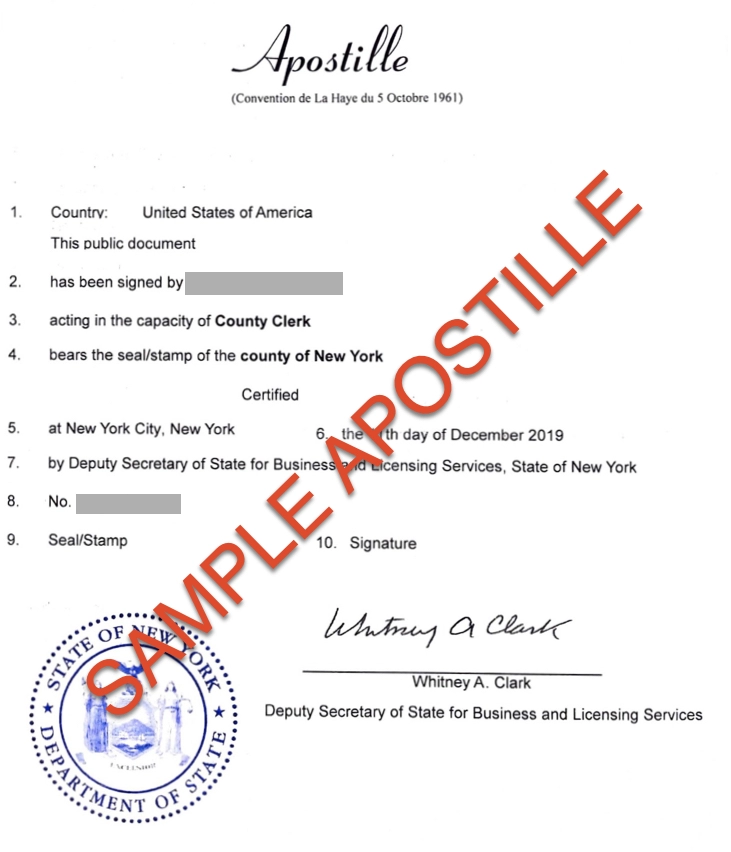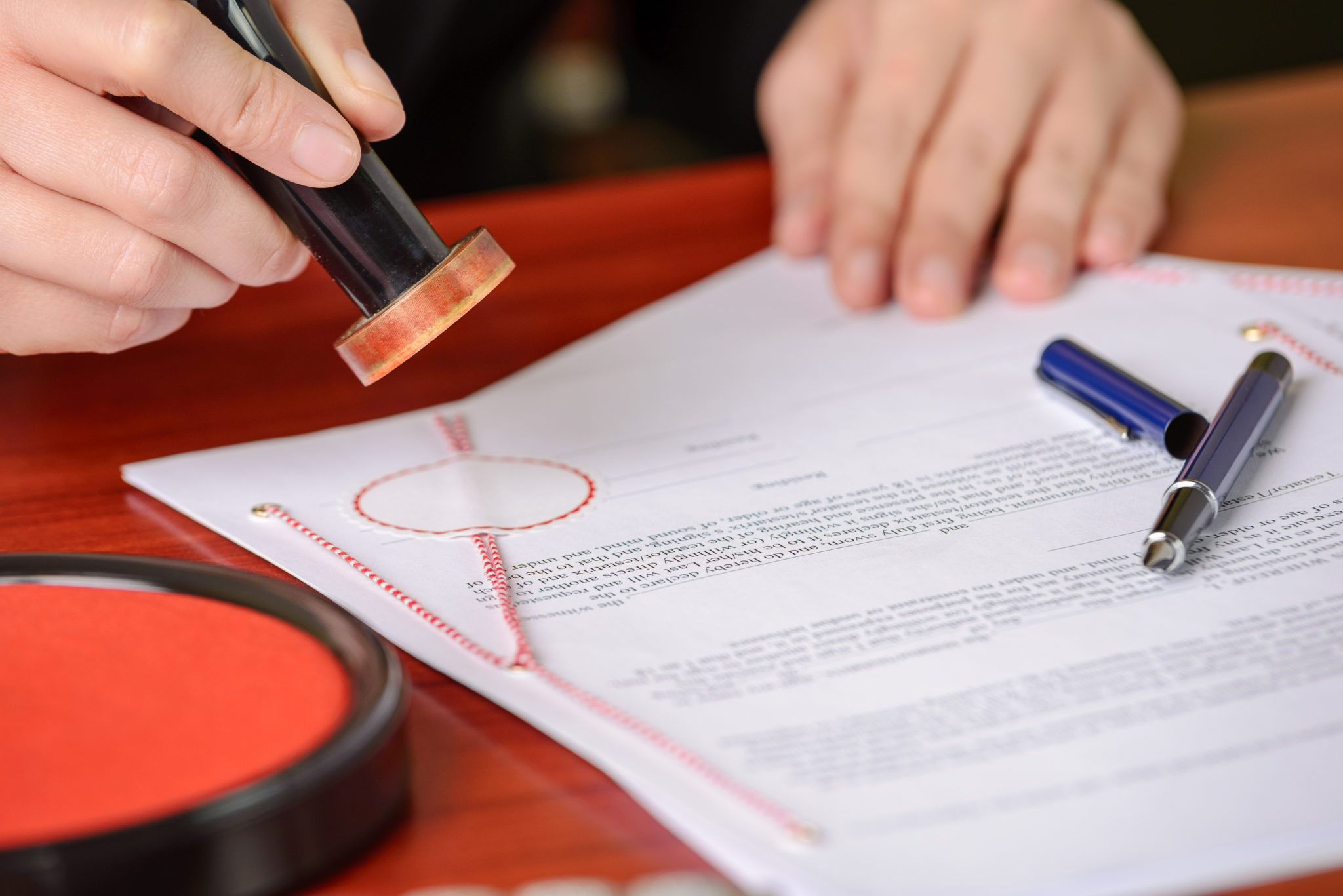Exploring the Factors Behind the Mandatory Need of Apostille Qualification for Legal Papers
In the realm of legal documentation, the required demand of apostille qualification has actually ended up being a vital element that considerably influences the legitimacy and recognition of legal documents on a worldwide scale. Recognizing the rationale behind this requirement includes delving into the detailed internet of legal intricacies, historical criteria, and global arrangements that emphasize the importance of apostille qualification in today's interconnected world. By exploring the underlying reasons behind this widespread need, a more clear image arises of why this relatively administrative procedure holds such tremendous significance for companies, people, and governments alike.
Historical Development of Apostille Accreditation
Exactly how did the principle of apostille qualification develop over time to come to be a crucial component of international paper validation? The demand for a streamlined approach of confirming papers for use throughout borders became apparent as worldwide profession and travel increased.
Initially taken on by a couple of European countries, the Apostille Convention progressively obtained worldwide approval as a result of its effectiveness and efficiency in confirming the authenticity of main documents. For many years, the convention's reach increased as more countries joined, acknowledging the apostille as an universally approved type of document authentication. Today, apostille certification has come to be a typical need for verifying legal documents in global transactions, making certain smooth interaction and legal proceedings between countries.
Simplifying International Record Legalization
The streamlining of international record legalisation procedures has actually dramatically boosted performance in cross-border deals. Streamlining the process of legislating records for global use has ended up being critical in helping with swift and seamless transactions between nations. One of the essential systems that have added to this simplification is the adoption of the Apostille Convention, which offers a standard method for confirming the credibility of records throughout taking part countries.
By adhering to the Apostille demands, nations accept identify each other's public documents as legitimate without the requirement for further legalisation. This gets rid of the extensive and often troublesome procedure of multiple authentications by different authorities, saving time and sources for individuals and businesses participated in global activities.

Guaranteeing Paper Authenticity and Validity
To guarantee the authenticity and validity of lawful documents in worldwide transactions, strict verification processes are essential. By requiring apostille qualification for legal documents, authorities aim his response to confirm the beginning of files and confirm the signatures of individuals included.
Furthermore, validating the authenticity of legal documents with apostille certification enhances trust and confidence amongst celebrations engaging in international purchases. Ultimately, by maintaining strict verification criteria, apostille certification contributes to an extra secure and clear global lawful framework.

Helping With Cross-Border Legal Recognition
In the world of global deals, the apostille certification not just guarantees the credibility and validity of lawful files but additionally plays a critical duty in assisting in cross-border legal recognition (Houston Apostille). When lawful papers birth an apostille certification, they are conveniently accepted by foreign authorities without the demand for additional verification. This streamlined procedure accelerates the acknowledgment of records in various countries, advertising performance and reducing administrative difficulties in lawful matters that transcend national boundaries
Promoting cross-border legal acknowledgment via apostille qualification promotes count on and self-confidence in the authenticity of files exchanged in between nations. This acknowledgment is specifically essential in circumstances such as global service transactions, fostering procedures, or legal process entailing celebrations from various jurisdictions. By sticking to the standards established forth by the Apostille Convention, nations consent to recognize the apostille seals affixed to files from other member countries, hence streamlining the process of legal recognition across borders. Inevitably, the apostille certification functions as a fundamental tool in advertising seamless global lawful teamwork and making certain the smooth procedure of cross-border deals.
Conformity With International Treaty Standards
Compliance with worldwide treaty requirements is essential for ensuring the uniform application of legal regulations across taking part nations. The Apostille Convention, developed in 1961, describes the needs for the approval of public documents amongst participant countries. By sticking to the criteria set forth in this treaty, countries dedicate to acknowledging the credibility of each various other's certification without the need for further verification - Houston Apostille. This mutual acceptance simplifies the process of cross-border document acknowledgment, advertising effectiveness and lowering administrative difficulties.
The Apostille certification, as mandated by the treaty, functions as an assurance of authenticity for files such as birth certifications, marital relationship licenses, court judgments, and notarized deeds. This standardized approach helps prevent their explanation fraudulence and guarantees that lawful papers originating from one participant country are readily accepted in another. By abiding with international treaty requirements, nations demonstrate their dedication to maintaining the concepts of openness, count on, and cooperation in legal matters on a worldwide range.
Final Thought

In the world of legal paperwork, the compulsory need of apostille accreditation has actually ended up being an important facet that substantially influences the legitimacy and recognition of legal documents on a worldwide range. Today, apostille accreditation has actually become a basic demand for verifying lawful documents in international deals, ensuring smooth interaction and legal process in between countries.
Moreover, verifying the authenticity of lawful papers with apostille certification enhances count on and self-confidence amongst events engaging in worldwide deals.In the realm of global deals, the apostille certification not just ensures the credibility and legitimacy of legal papers yet also plays a pivotal function in helping with cross-border lawful recognition. By sticking to the criteria established forth by the Apostille Convention, nations concur to honor the apostille seals attached to records from other member nations, hence simplifying the process of legal acknowledgment throughout borders.